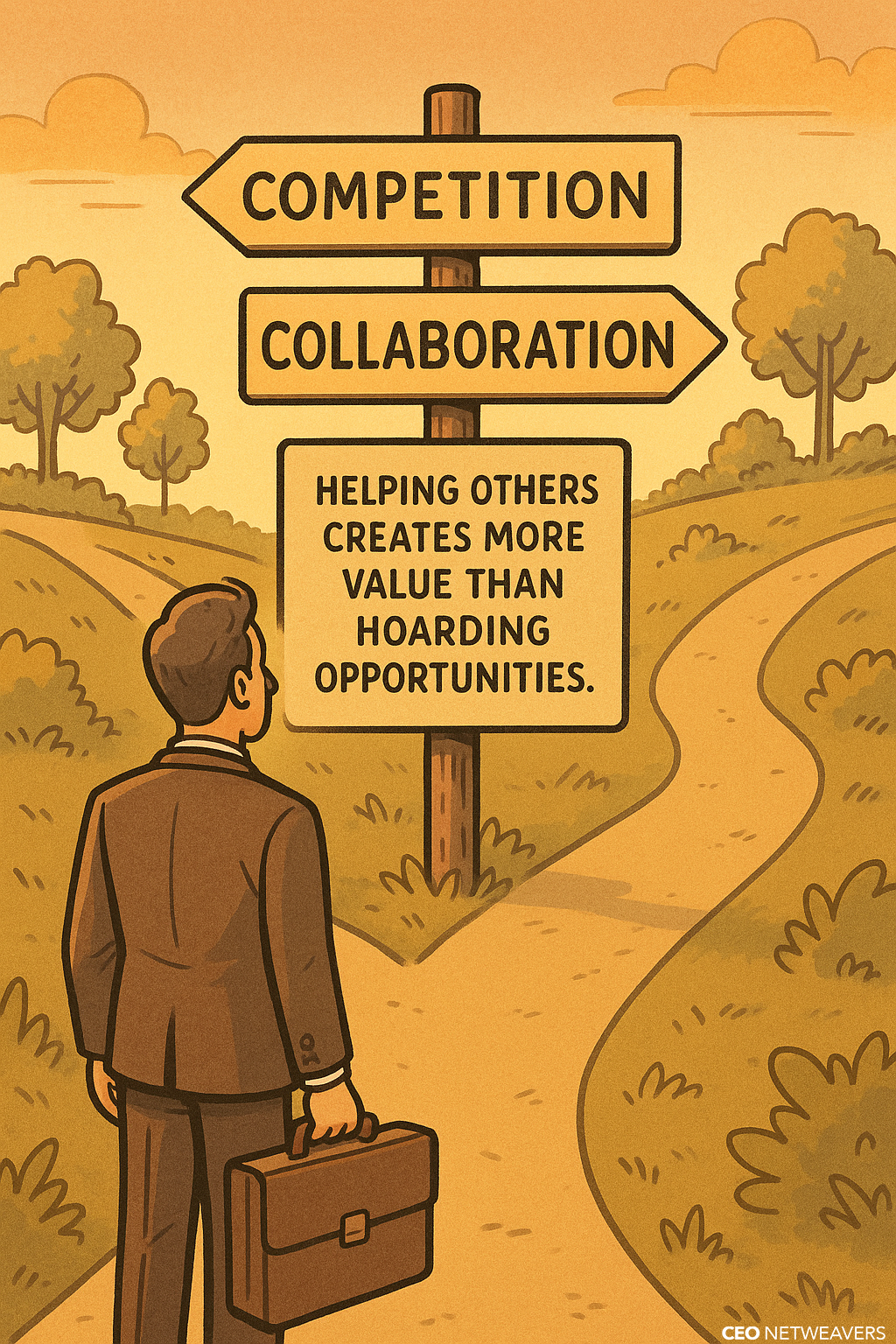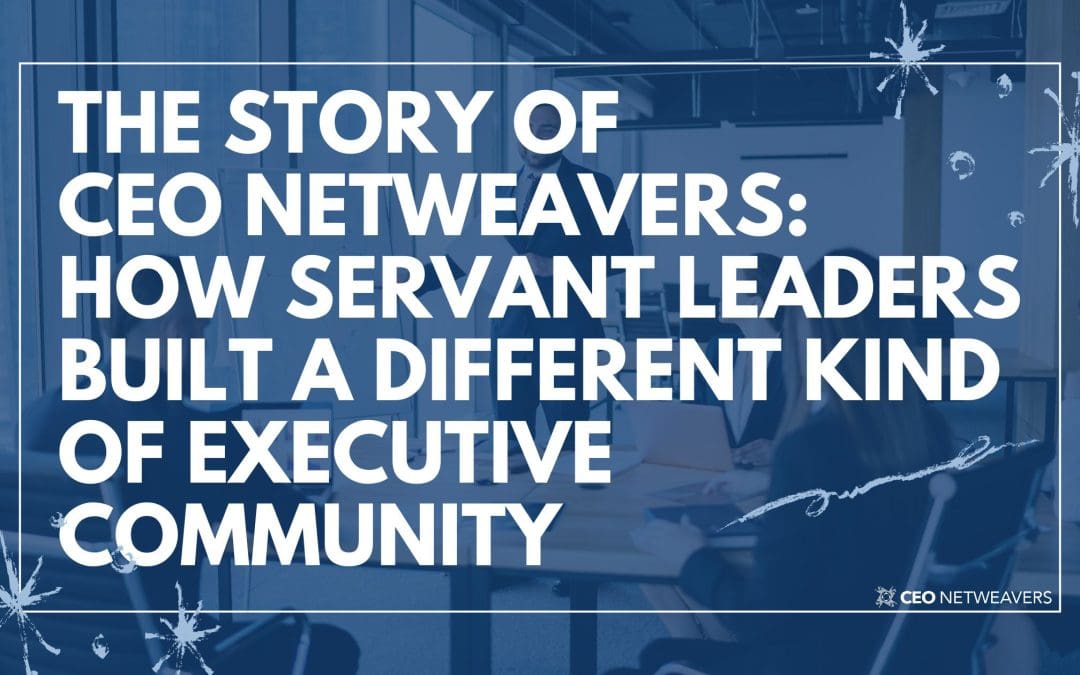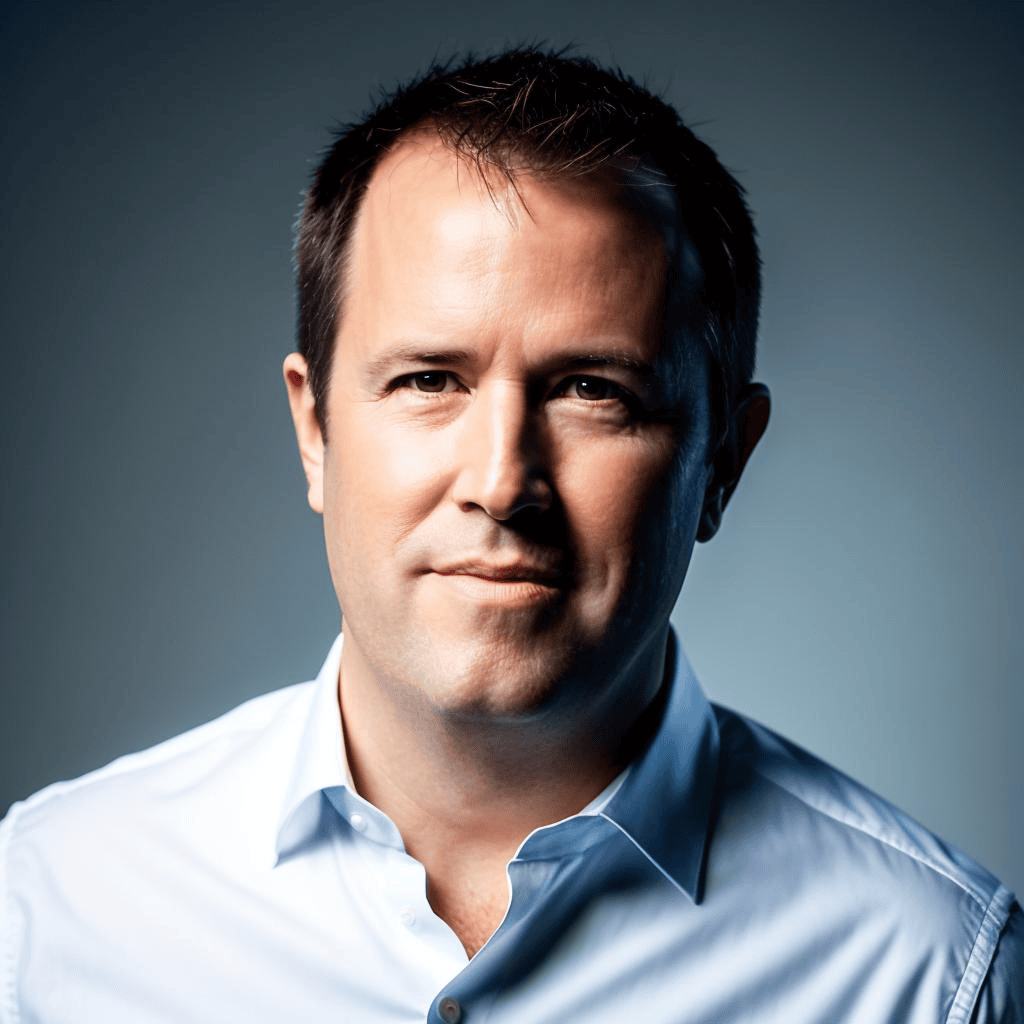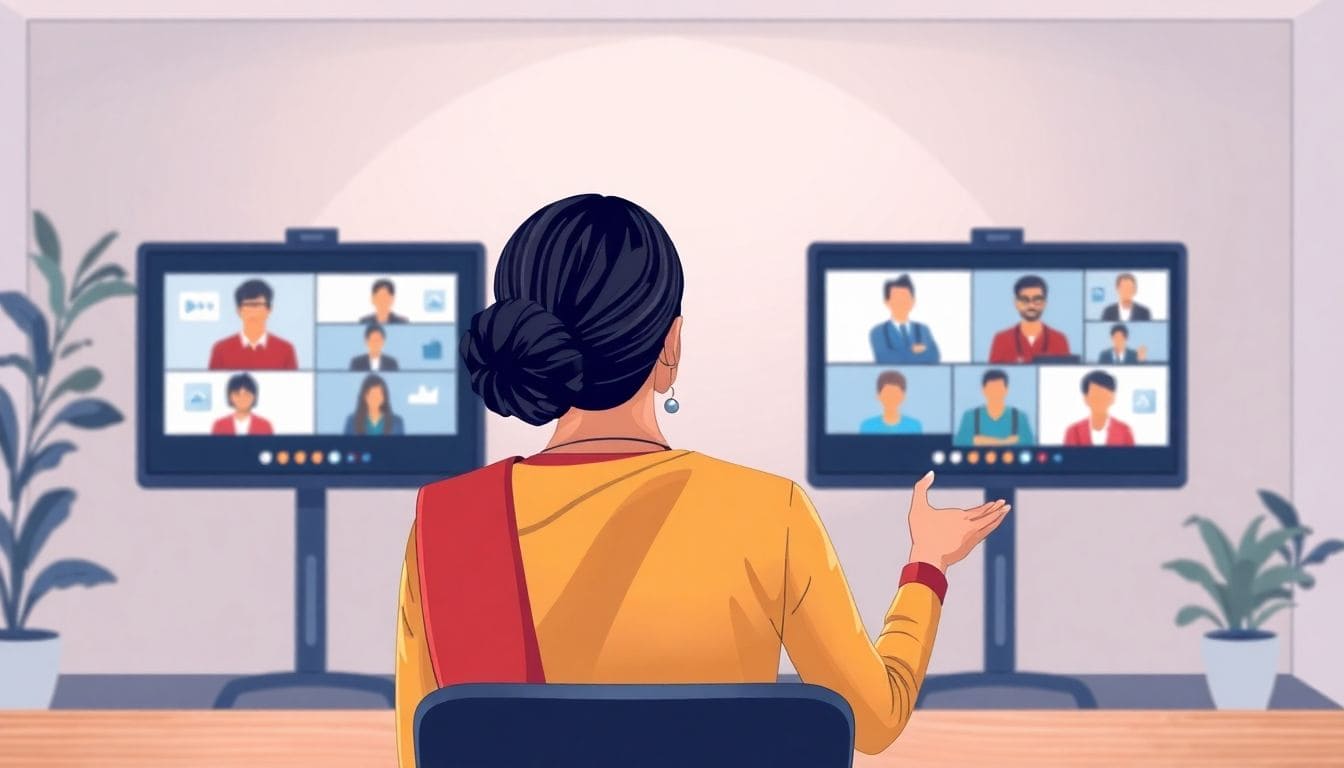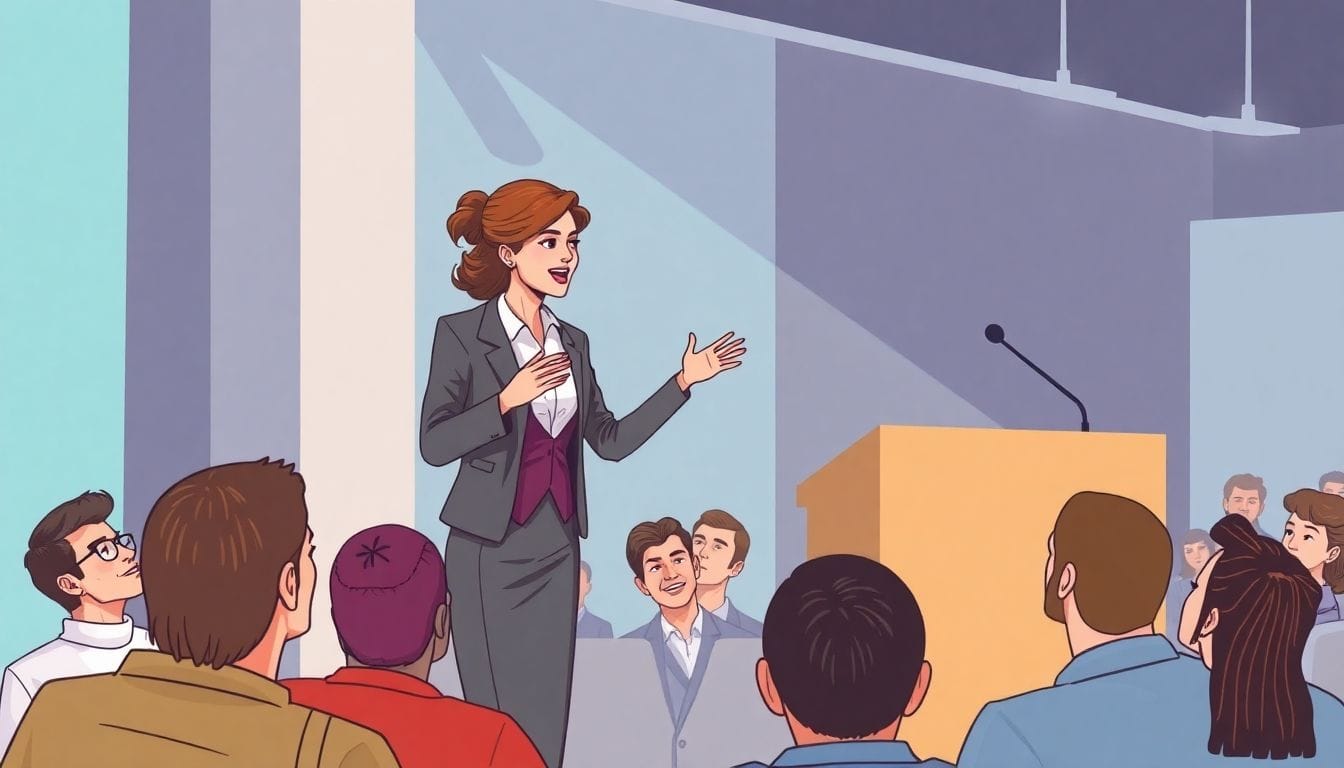Here’s what happens when executives stop competing and start connecting.
August 2001. Dallas, Texas. A group of displaced senior executives faced a choice. The dot-com bubble had burst. The job market was brutal. They could fight each other for the same shrinking pool of CEO and COO positions. Or they could try something radical.
John Casey chose radical.
Casey—a Harvard MBA and former PepsiCo executive—saw opportunity where others saw scarcity. He founded CEO Netweavers with a simple premise: current and former chief executives would help each other land their next roles. Share job leads. Make introductions. Give honest advice. Once you land your position, you become an alumnus and step aside for those still searching.
That was the plan anyway.
What actually happened? Nobody wanted to leave.
In a 2002 interview with the Dallas Business Journal, John Casey reflected on the group’s early momentum: “I think you’re going to start seeing a bunch of our members getting jobs here in the next month, maybe even CEO jobs.” Casey’s prediction was right—members did find jobs. But what he didn’t anticipate was that they’d choose to stay in the group even after landing those positions.
The trust these executives built together proved more valuable than any single job opportunity. They’d stumbled onto something their cutthroat corporate careers never taught them—serving others first actually works. Not as philosophy. As strategy.
Fast forward 20+ years. That discovery has become a movement spanning multiple cities, mentoring over 100 EMBA students, advising 70+ companies for free, and proving that pay-it-forward isn’t just feel-good nonsense. It’s a legitimate business model.
This is the real story of CEO Netweavers.
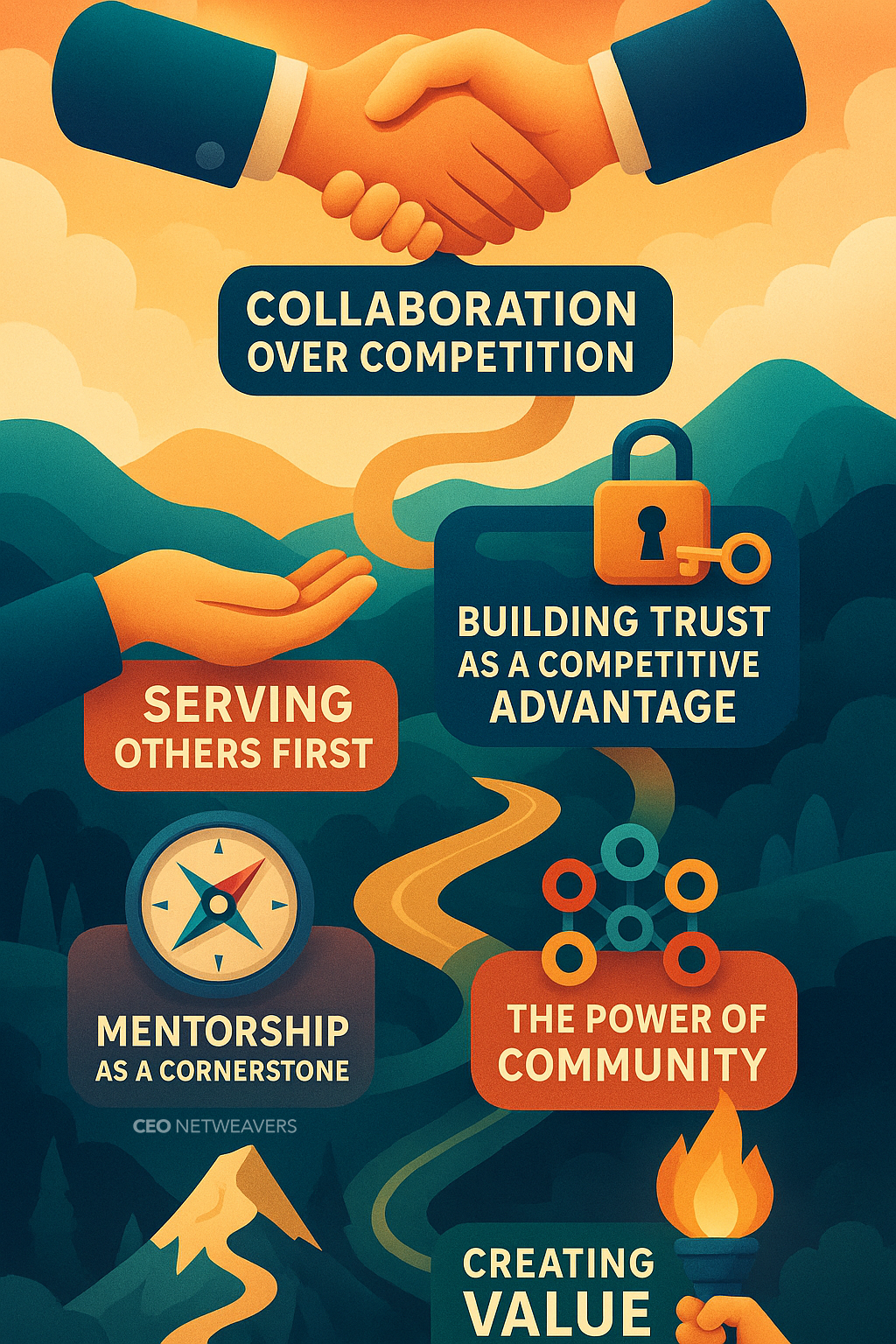
Table of Contents
Dallas: Where Competition Became Collaboration
Picture the Dallas business scene in 2001. Senior executives with decades of experience suddenly found themselves on the outside looking in. Traditional wisdom said to protect your contacts, hoard your opportunities, and climb over others to reach the top.
John Casey and his colleagues flipped what executive coaches were telling their clients.
In August 2001, Casey formally established CEO Netweavers as a network of current and former chief executives dedicated to fostering “mutually beneficial business relationships.” The mechanics were straightforward. Members would share leads, connections, and hard-won wisdom to help each other transition to new roles.
But something unexpected emerged. The executives who landed new positions didn’t want to graduate to alumni status. The relationships they’d built—the candor, the trust, the genuine support—proved more valuable than they’d anticipated. These battle-tested leaders had spent careers in environments where information was currency and relationships were leverage. Now they were discovering purpose in giving both away freely.
Their informal practices crystallized into an operating philosophy: help others without expecting anything in return. The common link among CEO Netweavers became their belief in serving others first, in business and in life.
Here’s the fascinating part—Casey admits he’d never even heard of “servant leadership” when he started the group. It wasn’t until they underwent a branding survey that they discovered Robert K. Greenleaf and his concepts through online research. What they’d built through instinct suddenly had a name and a centuries-old philosophical foundation.
By 2008, the connection deepened when Larry Spears from the Spears Center for Servant Leadership spoke to the Dallas chapter. The alignment was obvious. Their practices matched perfectly with Greenleaf’s servant leadership concept and Jim Collins’ Level 5 leadership principles.
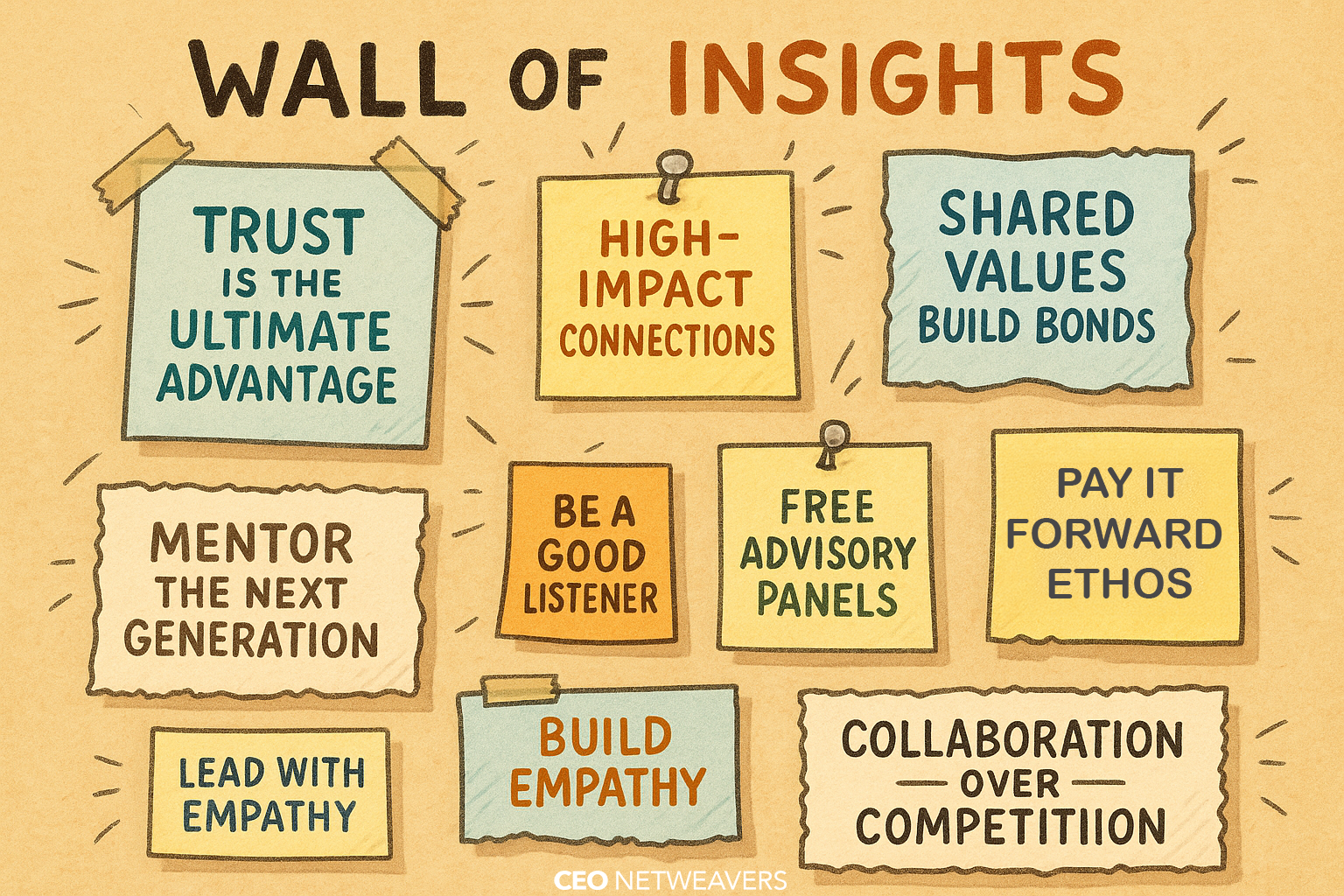
Former CEO and Netweavers member Lee Mulkey captured this evolution in a 2010 interview:
“When I first ascended to the executive level, management theory seemed to be that you had to be a ‘Type A’ personality to get peak performance—a hard-charging, merciless, take-no-prisoners type like [Al] Chainsaw Dunlap or Jack Welch. But as I matured and took on more roles, I felt I wanted people to follow because they enjoyed working there and would do the extraordinary things it takes to be successful because they wanted to do them. I saw Herb Kelleher at Southwest Airlines, and people enjoyed going to work. You could see it was a fun organization to work for, and it performed well. When I found CEO Netweavers talking about servant leadership, it was something that made perfect sense to me, even though it was the first time I’d heard of it.”
The Dallas executives became “leaders who make sure that other people’s highest priorities are served first.” Whether introducing a peer to a critical contact or sharing candid career lessons over coffee, they were building something fundamentally different.
By 2009, CEO Netweavers announced its first formal partnership with the Greenleaf Center for Servant Leadership, headquartered in Atlanta and recognized globally as the top learning and development center for servant leadership. The accidental discovery had evolved into intentional practice.
NetWeaving: The Philosophy That Changed Everything
The Dallas group needed language for what they were creating. Enter Bob Littell.
Littell, an Atlanta businessman, had coined “NetWeaving”—networking focused entirely on connecting others and sharing resources generously. No scorekeeping. No quid pro quo. The Dallas founders invited him to speak, and his three core principles resonated immediately:
- Purposeful Connecting – Proactively link people who can help each other, with their needs in mind rather than your own.
- Trusted Network Building – Cultivate exceptionally talented, like-minded peers who embrace servant leadership.
- Pay-It-Forward Reciprocity – After someone helps you, don’t pay them back. Help someone else instead.
With Littell’s blessing, the Dallas team obtained trademark rights to “CEO Netweavers.” They formalized their mission: “To build a sustainable organization of former and current CEOs, COOs, and their networking associates dedicated to the concept of integrity in servant leadership and bringing success to others and themselves in career, business, and community.”
The vision was ambitious—transforming business and enriching lives through servant leadership, freely sharing knowledge and developing valued relationships, giving freely to others including the less fortunate, with no expectation of personal gain.
This inverted traditional executive networking completely. Members offered skills, experience, and relationships freely without expecting anything in return. As the organization’s 2005 website quoted Winston Churchill: “We make a living by what we get, but we make a life by what we give.”
Results came fast. Within five years, the Dallas/Fort Worth chapter grew to nearly 300 active members. Over 150 were sitting CEOs who chose to remain involved after landing new positions. That’s the proof—the value extended far beyond job searching.
By 2006, hundreds of “Netweaver Partners” had joined—attorneys, bankers, consultants, and other trusted service professionals. These “Outweavers” shared the servant-leader philosophy and brought specialized expertise. They worked collaboratively with CEOs, genuinely wanting to help grow companies rather than just land the next engagement. Members eagerly referred to other Netweavers because they trusted the quality and integrity.
The Dallas chapter became known as the place where “CEOs and COOs are at work in the DFW community,” contributing to both business growth and philanthropic endeavors. By 2008, they’d begun donating to the endowment of UT Dallas Jindal School of Management—putting money where their mission was.

Atlanta Takes the Torch
Success breeds expansion. Bob Littell, Jim Deupree, and others traveled to Dallas in the mid-2000s to observe the thriving chapter firsthand.
Jim Deupree returned to Georgia inspired. A seasoned executive who’d pivoted from corporate life to consulting, he saw potential to replicate the model. In 2006, Deupree launched the Atlanta Chapter of CEO Netweavers—the organization’s first expansion beyond Texas. He served as founding president for three years, transplanting the servant leadership culture into Atlanta’s business ecosystem.
Georgia built differently from day one, based on what had worked in Texas. Deupree’s team created a “trusted community for CEOs that welcomed them through all phases of their career.” Sitting CEOs. Executives in transition. Retired “encore” leaders. Rising stars. The only requirement? Meeting the high bar for character and servant-leader values.
Littell himself became an integral founding member of the Atlanta Chapter, generously granting rights to use the “Netweavers” name and concept. He essentially franchised his philosophy to ensure the pay-it-forward ethos was baked into this sister chapter.
The Atlanta Chapter evolved strategically. Under Tom Crawford’s leadership following Deupree, membership doubled to 80 members by 2010—roughly 60% current or former CEOs, 40% trusted service providers.
Atlanta organized meeting formats that respected busy leaders’ time. Monthly breakfasts. Special interest forums for C-suite leaders. Targeted discussions. Everything designed to foster deep connections, not surface-level card swaps.
Tom Borger, who served as president of the DFW chapter and spent six years deeply involved in multiple aspects of the organization, captured what made these connections different in a 2007 video:
“The people that I’ve met in CEO NetWeaver, many of them have become close personal friends as well as associates inside the organization. And those kinds of friendships are built around shared values. And so it’s easy to get to know people and start to build friendships quickly…people who join CEO NetWeaver share these common values, and therefore it’s easy to build trust.“
Pay-it-Forward Community Outreach Became Central.
The mentoring started early—beginning with Georgia State University’s Robinson College in 2004. Over the years, members would mentor more than 100 EMBA candidates across these programs.
By 2010, CEO Netweavers had planted deep roots in Atlanta’s business scene, with members spanning technology, banking, real estate, private equity, executive search, manufacturing, and healthcare.
Houston joined the movement in the late 2000s, with founding members like Marts Sherick establishing the chapter in the energy capital. There were discussions about New York.
The multi-city network required coordination. A national board formed with chapter presidents and at-large directors. Ian Hewett (Atlanta), Bette Price (Dallas/Fort Worth), and others ensured consistency while allowing local implementation. Traveling members were always welcomed at sister chapter meetings—one community, multiple locations.
At its peak, the Dallas/Fort Worth chapter remained the flagship—hundreds of CEOs, COOs, and Netweaver Partners creating a permanent peer network far beyond its job-search origins.
Recognition from Thought Leaders
As CEO Netweavers matured, business leaders took notice. Dave Guerra wrote in the acknowledgments of his book The Superperforming CEO:
“It has been my privilege, simultaneous with the completion of this book, to become part of a wonderful organization whose purpose it is to promulgate the principles of Servant Leadership at the highest levels in business: CEO Netweavers. Through this organization we are united in a single purpose—to move the needle in our respective host communities to this very different way of operating organizations, and to shine the light on the link between servant leadership and high performance.”
This wasn’t just another networking group anymore. It was becoming a movement.
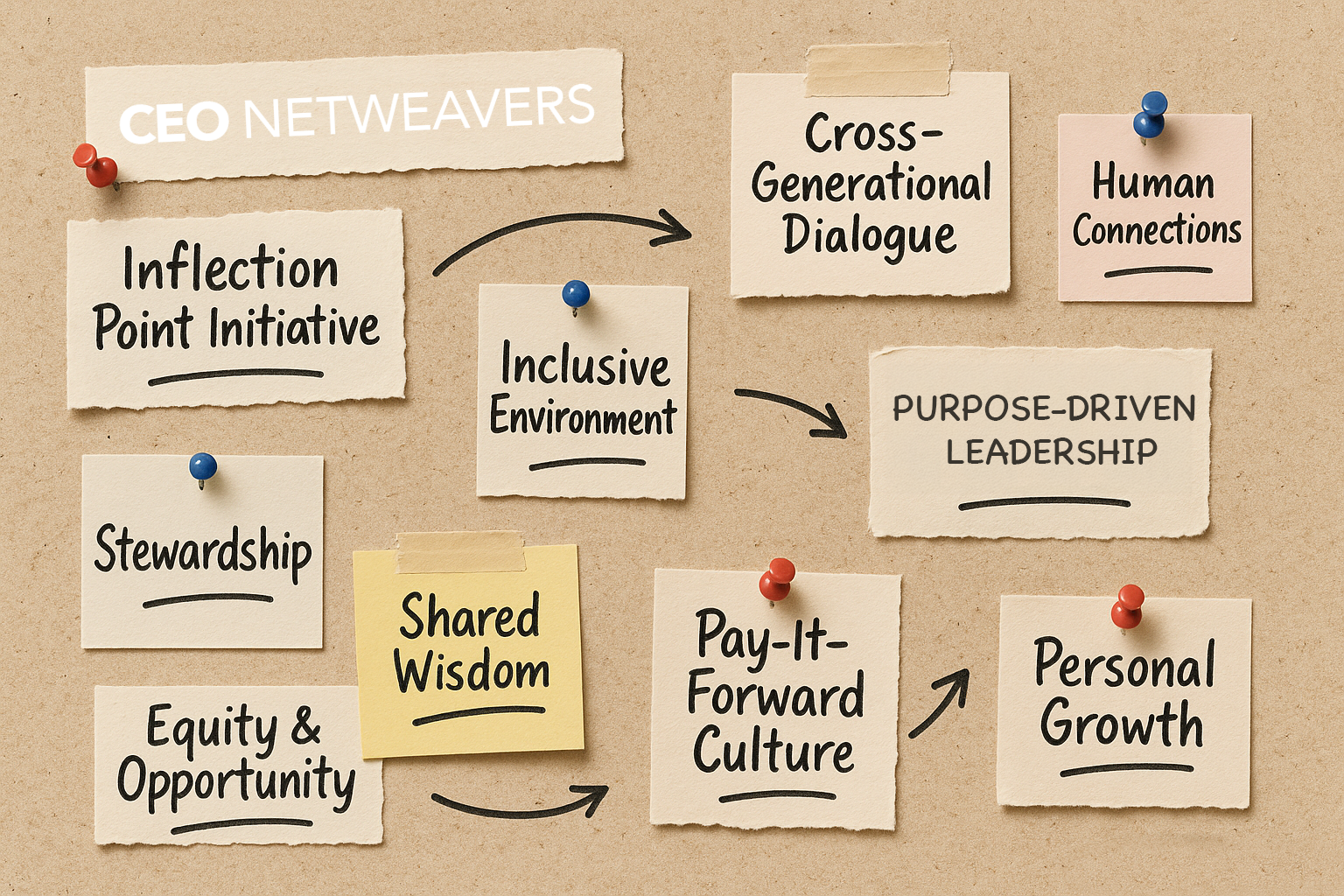
Servant Leadership in Action: Real Programs, Real Impact
CEO Netweavers proved servant leadership meant action, not philosophy.
The Mentoring Mission
The Atlanta Chapter’s EMBA partnerships showed what hands-on leadership development looked like. Starting with Georgia State’s Robinson College in 2004, expanding to Kennesaw State in 2014 and Georgia Tech shortly after, experienced CEOs provided more than advice. They offered personal encouragement, career guidance, and ethical frameworks to the next generation.
Over 100 EMBA students benefited. Many maintained connections with their Netweaver mentors long after graduation. Dallas and Houston members similarly engaged with student groups and young professional forums. Always emphasizing the give-first philosophy.
Inflection Point: Free Advisory Boards for Companies That Need Them
The crown jewel of Netweavers’ pay-it-forward programs deserves special attention.
The program assembles small panels of seasoned executives to assist early-stage or scaling companies facing critical junctures. Startups refining business models. Growth companies preparing to scale. Businesses navigating major pivots.
These aren’t consultants. They’re volunteer CEOs, COOs, CMOs, and other senior leaders offering free advisory guidance.
Tom Berger, a seven-time CEO, championed Inflection Point for years – and still helps out today. Under his leadership, panels became known for “shoulder-to-shoulder” working sessions. Trusted leaders rolled up their sleeves and tackled challenges alongside entrepreneurs. No ivory tower pontificating. Real work on real problems.
Each session carefully curates “the right people in the room”—those with relevant expertise and genuine desire to help. Sessions create momentum through focused insight. Entrepreneurs leave with concrete strategies and ongoing mentor relationships.
The numbers tell the story. Over 70 companies have gone through Inflection Point. Tech startups. Non-profits. Manufacturing firms. Logistics companies. Service businesses. No two looked the same, but they all left stronger.
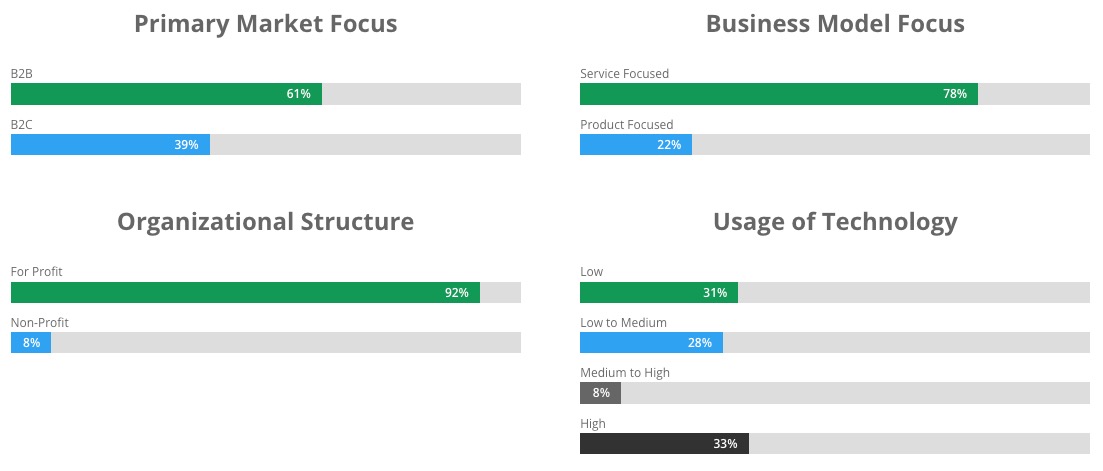
The kicker? No equity. No fees. Ever.
Berger puts it this way: “Willingly helping others, expecting absolutely nothing in return.” Then he adds: “I’ve received a lot in return.” Not money—gratitude from founders, continuous learning, and deep relationships built in a “totally trusting environment.”
Members love these opportunities because working on problems together builds stronger bonds than casual networking ever could.
Trials and Transformation
Success doesn’t guarantee permanence. The 2010s brought challenges that would reshape CEO Netweavers fundamentally.
Dallas Disbands
The Dallas/Fort Worth Chapter—despite launching the entire movement—encountered internal friction. Members developed different visions for programming and membership criteria. By the mid-2010s, these disagreements became irreconcilable.
The founding chapter disbanded entirely.
Sobering? Yes. The end? No.
The spirit lived on, particularly in Atlanta, which had become the largest active chapter.
Building the Foundation
Atlanta’s leadership learned from Dallas. They doubled down on mission clarity and structural sustainability to multiply principled leaders in companies across America.
In 2021, they established the CEON Foundation—a registered 501(c)(3) nonprofit—as the organizational backbone. This formalized the pay-it-forward ethos into a charitable framework, ensuring programs could scale sustainably and extend the opportunities for leaders while cultivating aspiring leaders.
The creation of CEON Foundation expanded donation and scholarship efforts that CEO Netweavers had begun years earlier, like the UT Dallas Jindal School endowment contributions starting in 2008. Now these initiatives had proper structure.
The nonprofit status enabled new partnerships. Most notably with Ron Clark Academy, where members now mentor RCA students and provide college scholarships. Servant leadership extending into education, creating generational impact.
COVID’s Test: The Stress Test No One Expected
Then 2020 hit.
For a community built on personal relationships, pandemic lockdowns were brutal. Atlanta pivoted to virtual meetings. But months of Zoom revealed the truth: “Zoom sessions just did not provide the same trusted connection development and mentoring opportunities as face-to-face.”
By early 2023, leadership faced facts. The ethos remained strong. The operating model needed overhaul.
The Reinvention: A New Model for Modern Times
Under CEON Foundation, Atlanta rolled out a transformed approach in 2023. Same values. New execution.
Opening membership beyond CEOs and COOs to include senior and rising leaders brought fresh energy. High-impact quarterly events replaced frequent routine meetings. Encore executives met high-potential rising leaders—experience meeting ambition.
The organization remained a nonprofit, pay-it-forward network. Minimal fees compared to groups like Vistage, EO, World50, etc. that charge $20,000+ annually. Access based on character, not checkbook. And, with shift from an paid Executive Director for the organization to one where senior leaders and aspiring leaders share the workload, member dues combined with ongoing capital campaigns allow for 90%+ of all donations are paid out via scholarships.
By late 2023, this new model charted the path forward while honoring the founding vision.
What Makes CEO Netweavers Different
CEO Netweavers isn’t Vistage with its peer advisory groups (primarily for CEO/founders) and hefty fees. Not C12 or Convene with faith-based frameworks. Not EO or YPO for younger entrepreneurs. Not World50’s ultra-exclusive paid membership.
We operate differently. Senior leaders across all career phases come together to ask one question: “What can I do for you?”
No scorekeeping. Just experienced executives who understand that helping others succeed creates more value than hoarding opportunities.
The results?
- Companies saved from failure.
- Careers redirected through single introductions.
- Deals closed because someone made a phone call for someone else.
- Young leaders shaped by mentors expecting nothing in return.
- Current senior leaders sharing the highs and lows with encore leaders that have walked the road at some of the most successful companies of the past 50 years.
Members find renewed purpose here. As one put it: “A support community for business leaders—by helping others we enhance our own careers.”
These executives aspire to be Level 5 leaders. Stewards of relationships and knowledge, not wielders of power. Building organizations that last. Creating value that compounds. Leading through service.
The Story Continues
The untold story of CEO Netweavers proves servant leadership isn’t soft. It’s strategic. It’s the best way to build large, resilent companies.
From Casey’s radical Dallas idea to Littell’s NetWeaving framework to Deupree building Atlanta to Berger championing entrepreneurs—each generation proved giving first creates more value than taking.
The organization continues to iterate—job club to multi-city network to foundation-backed community to leadership movement. The soul has never changed. Every time a Netweaver connects two people, mentors without compensation, or advises a company for free, the movement grows stronger.
More than 20 years after displaced Dallas executives chose helping over competing, their experiment has become a movement. One proving the most powerful network isn’t built on transactions.
It’s built on trust.
And trust is the ultimate competitive advantage.
In an era obsessed with optimization and extraction, CEO Netweavers choose contribution.
We’re transforming business and enriching lives through servant leadership, pay-it-forward actions, and doing for one what we wish we could do for all. Not as a tagline. As an operating system.
The story continues. Every new member who asks “How can I help?” writes the next chapter.
A Small Portion of Our Past Leaders
- John Casey – Founder of CEO Netweavers in Dallas (2001), whose vision of “CEOs helping CEOs” launched the movement.
- Bob Littell – Originator of the NetWeaving concept and founding member of Atlanta chapter; his pay-it-forward philosophy became the bedrock of Netweavers.
- Jim Deupree – Founding President of the Atlanta Chapter (launched 2006), who operationalized the first expansion chapter and led it through its early growth.
- Tom Berger – Longtime Atlanta member (former 7-time CEO) who shepherded the Inflection Point program for years, exemplifying the “give first” ethos in helping entrepreneurs.
- Tom Crawford – Past President of the Atlanta Chapter who succeeded Jim and helped double the chapter’s membership by 2010.
- Lin O’Neill – Past President of CEO Netweavers (Dallas/Fort Worth) and early board chair, instrumental in guiding the network’s development.
- Bette Price – Past President of the DFW Chapter and servant leadership advocate on the national board.
- Harden H. Wiedemann – Past Board Treasurer and National Director, who also helped link Netweavers with community ventures.
- Karen Hopkins – Founding Board Secretary and organizer who contributed to shaping governance and outreach.
- Bernie Carrico – Early Board Member (Dallas) who championed peer support and community service initiatives.
- Custis Hoge – Co-founder and Board Member of the Dallas chapter (2002–2012), crucial in the group’s formative years and expansion efforts.
- Pat Romboletti – Past Chairman of the Board. Currently Speaker, Author, and Career Coach.
- Kent C. Keith – Board Member (Dallas) known for promoting servant leadership (author of The Paradoxical Commandments), adding thought leadership to Netweavers’ ethos.
- Steve Watson – Early Board Member and advisor in Dallas who fostered trusted Outweaver partnerships.
- Tom Borger – Chapter leader and board member involved in Houston expansion and cross-chapter collaboration.
- Mike Kelley – President of the Houston Chapter, who helped establish the Netweavers presence in Texas’s Gulf Coast region.
- Quentin Faust – Board Member who contributed legal and strategic expertise to the national leadership team.
- Bob Kaiser – Board Member and supporter who played a role in connecting Netweavers with other executive networks.
- Ian Hewett – Past President of the Atlanta Chapter who continued to grow and diversify the chapter’s membership.
- Mackie Horton – Vice President of the board (circa 2013) who assisted in steering organizational strategy and events.
- Bruce W. Neurohr – Board member, heavily involved in Inflection Point program
- Scott Williford – Board member and former sponsor
- Carel Bekker – Board member
- Kurt Uhlir – Board member, former program chair.
(This list represents only a portion of the many dedicated individuals who have led and supported CEO Netweavers. Each has left their mark on the community through servant leadership in action.)
